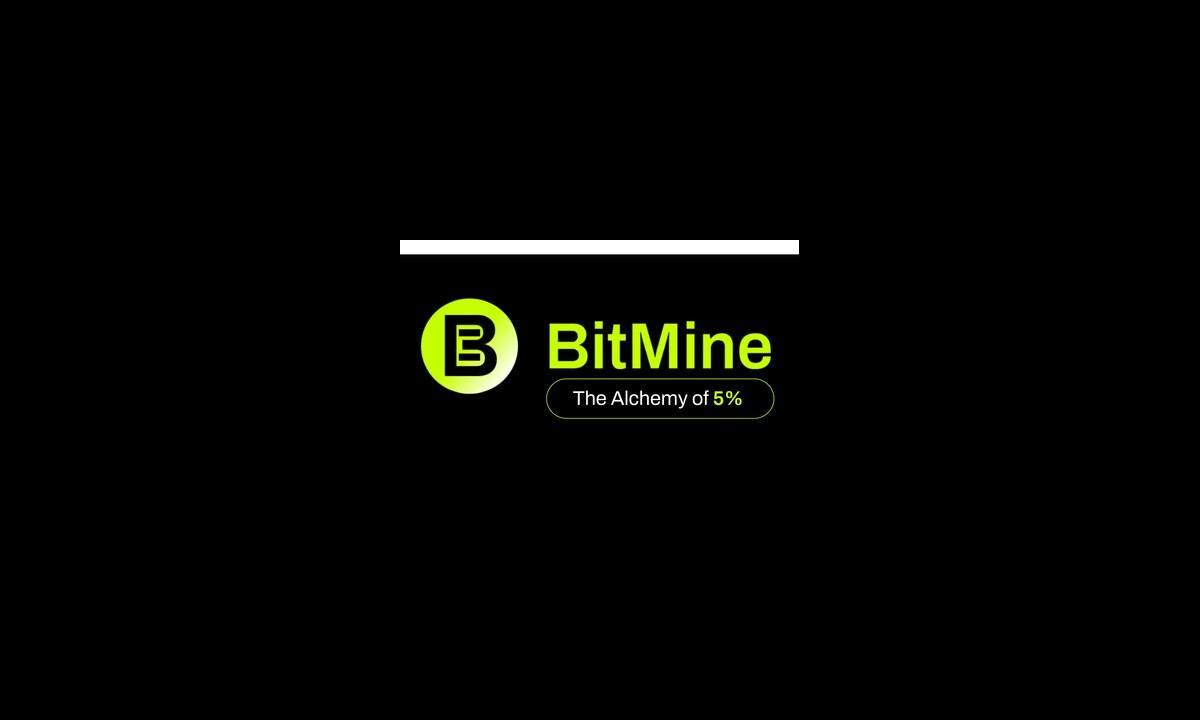In the world of business and technology, companies and organizations strive to gain a competitive edge over their rivals. One strategy that has been proven effective is the concept of First-Mover Advantage (FMA). But what exactly does it mean, especially in the context of the blockchain industry?
First-Mover Advantage (FMA) refers to the advantage gained by a company or organization that introduces a groundbreaking product or service in the market before its competitors. By being the first to enter the market, the first mover establishes brand recognition and customer loyalty, giving them a head start over other players in the industry. However, it is important to note that this advantage is not permanent and requires continuous adaptation to stay ahead.
In the rapidly evolving world of cryptocurrencies and blockchain technology, the First-Mover Advantage (FMA) holds significant value. This advantage is particularly crucial in the blockchain sector, where projects and crypto exchanges operate within a limited market and client base. Being the first to make a move in the market is essential for success, as it heavily relies on reputation and recognition.
One of the challenges faced by new exchanges in the crypto-space is convincing users to switch from one cryptocurrency network to another. Users often hesitate due to transaction charges and potential risks associated with changing platforms. This reluctance poses a significant hurdle for new exchanges, even if they offer effective and efficient services. It requires substantial effort and time to convince existing customers to make the switch.
First movers have the advantage of gathering and developing technical expertise over time. They have more opportunities to learn and refine their products or services compared to later entrants. They can also prevent subsequent competitors from accessing rare assets, such as unique digital assets in the blockchain industry, by hiring skilled staff and securing critical suppliers. Additionally, establishing an early client base can make it difficult and costly for customers to switch to later competitors.
A prime example of the First-Mover Advantage (FMA) in the blockchain industry is the case of Bitcoin (BTC). Bitcoin was the first cryptocurrency to be created and gained widespread adoption. By establishing itself as the industry standard, Bitcoin enjoys a significant advantage over other cryptocurrencies. However, this advantage can also lead to misconceptions, where people mistake other cryptocurrencies for Bitcoin due to its first-mover advantage.
To truly benefit from the First-Mover Advantage (FMA), companies and projects must focus on reaching out to consumers first and creating a lasting impression that fosters brand awareness and loyalty. Strategic location, premium contracts with essential suppliers, and acquiring skilled personnel are additional ways to leverage this advantage.
While the First-Mover Advantage (FMA) offers numerous benefits, it is important to consider its drawbacks as well. Being the first in an industry does not always guarantee an advantage, and significant investments may be required to persuade customers to try a new product. Later entrants can also benefit from the education provided by the first mover and may not need to invest as much in consumer training.
Moreover, newcomers to the market can learn from the mistakes made by the first mover. If the initial entrant fails to capture customer attention or address their needs effectively, subsequent entrants can capitalize on this opportunity and offer better solutions.
In conclusion, the First-Mover Advantage (FMA) holds immense value in emerging markets like blockchain, where there is still room for advancements and innovation. However, it is not a guaranteed recipe for success. Companies and projects must continuously adapt and improve to maintain their advantage and stay ahead of the competition.














